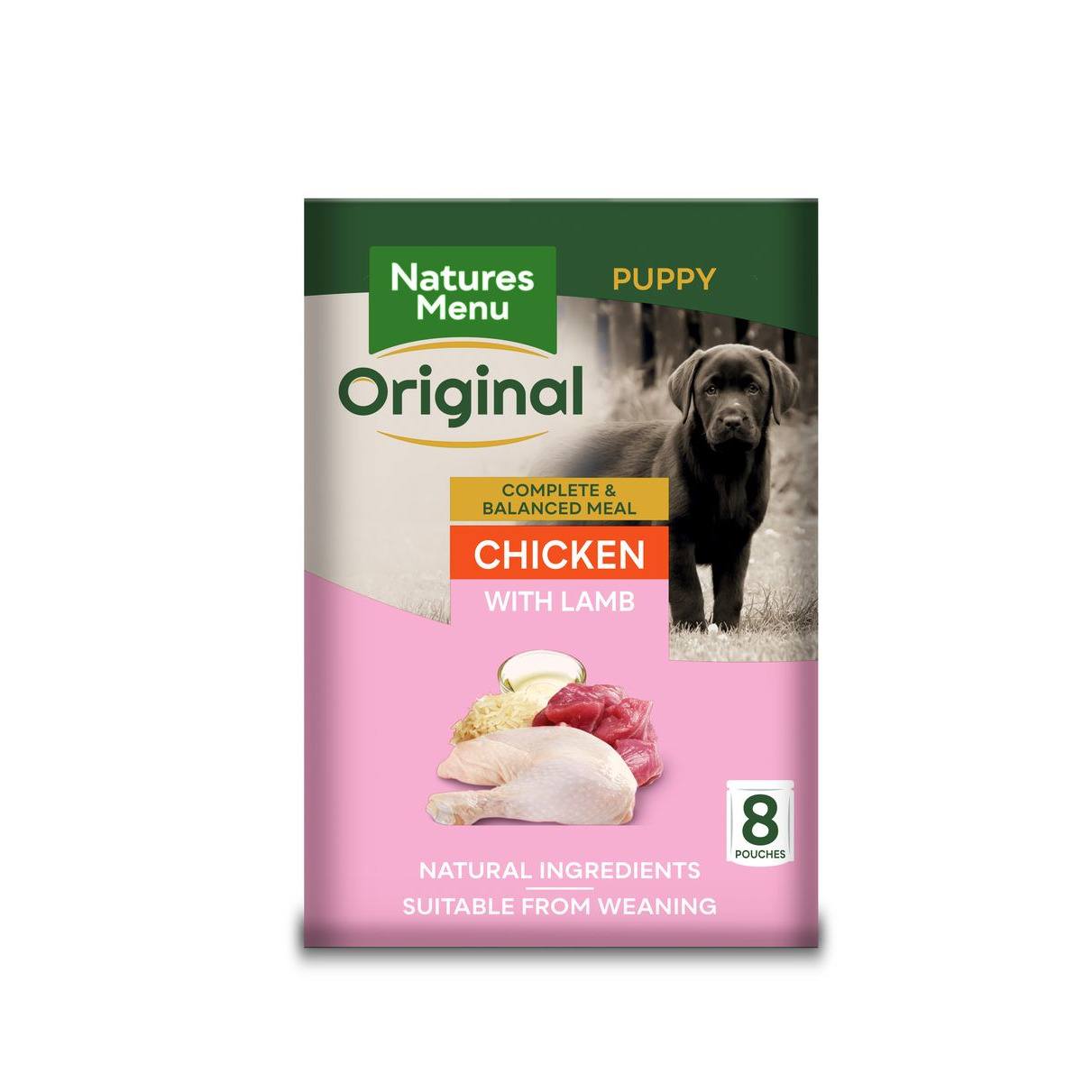
You've come to the right place if you are looking for a quiet dog breed. We will be talking about the French Bulldog Shih Tzu and Basenji. Although they all have their own personalities, one thing unites them is the fact that they hate being left alone for extended periods of time. It's important to keep your dog close at all time.
Shih Tzu
Shih Tzu dogs are affectionate and easy to get along with. This breed is well-suited for apartment dwellers who do not have a yard. Many Shih Tzus have a calm temperament, but some may chase cats or dig holes.
The Shih Tzu, a highly intelligent dog, is easy to train. It will learn to follow your commands faster than you can. They are friendly and will go on walks with their friends.
English Toy Spaniel
The English Toy Spaniel can be quiet, but it is still very active. These dogs enjoy yard play and moderate exercise. However, they don't like heat. If it's extremely hot, your English Toy should be kept indoors. This breed is not averse to being outdoors, but it needs at least one hour of exercise each day.
English Toy Spaniels will shed a little but not too much. They don't require frequent hair trimming or bathing, but do require a comb at least once per week. It is also important to check their ears every week. They also need a monthly nail trim, and you should take them for daily dental care.
French Bulldog

French Bulldogs are small dogs that are compact and have strong bones. They also have large forelegs spread wide and heavy chest bones. Although the French Bulldog can be stubborn, they respond well to consistent training and rewards like food. This breed is also known to snuffle and gassy, which can be uncomfortable for owners. The French Bulldog's face is brachycephalic and has wrinkled skin around the muzzle.
French Bulldogs are friendly, loving, and affectionate dogs. French Bulldogs have a tendency to be a bit nervous in the beginning, but they are generally calm and friendly. They require lots of attention from their owners, but they also enjoy being around other dogs. Although this breed is difficult to train, they can be a joy to be around once they are socialized.
Basenji
A Basenji is one of the most intelligent dog breeds and can be quite independent at times. While they tend to be calm and peaceful around others, they may be alert towards strangers. Basenjis are independent but have a caring nature and enjoy spending time with children. They are not fond of being approached from behind but they will interact with people and other dogs.
The basenji, a small hound breed from central Africa, is called a "basenji". It has a long, straight coat and doesn't shed much. It has almond-shaped brown or hazel eyes. A curled tail. The basenji is a sturdy, athletic dog, and will need plenty of exercise to stay healthy and happy.
Whippet
Whippets might be the right breed for quiet dogs. This breed will not bark, but it will let you know if it's unhappy. When it finds something it likes, it will also bark. Whippets make great pets for other pets. They also get along well when they play with children.
Whippets are small dogs with dolichocephalic heads and long, tapered snouts. Their powerful jaws are accentuated by their strong snouts. Their eyes are either oval-shaped or round and set far apart. Their ears are small and fold over their heads.
Shar-Pei

While this dog breed is known for its quiet temperament, they are not immune to health problems. They are susceptible to IBD (inflammatory bowel disease) and various skin infections. There are many treatment options available for these conditions, including medication and special diets.
Many Shar Pei owners appreciate their dog's quiet behavior. They don't bark and are relatively low-strung, so they won't bother you or your neighbors. Borzoi's long, beautiful body is a delight to look at. The Borzoi, despite not being able to bark, is one of the most agile dog breeds.
Japanese Chin
If you're looking for a small dog with a quiet personality, you may want to consider a Japanese Chin. They are sensitive dogs that can pick up on their owners' moods. They can be quiet and reserved around new people and situations, but they can also be playful and outgoing. Japanese Chins may be the right dog for you if you want a quiet and affectionate dog.
The Japanese Chin, a charming and charming dog, has a wonderful personality. This breed does not require much exercise and is good with other pets. They require minimal grooming and moderate exercise.
FAQ
How to feed a pet?
Four times daily is the recommended amount of food for cats and dogs. Breakfast consists of dry kibble. Lunch is often some type of meat like chicken, beef or fish. Dinner is usually some form of vegetables like broccoli or peas.
Cats have specific dietary needs. Canadian foods should be included in their diet. These include tuna, salmon, sardines, and chicken.
Your pet might enjoy eating fruits or vegetables. They shouldn't be fed too often. Cats can get sick from overeating.
It is not a good idea for your pet to drink water directly from the faucet. Instead, let him drink out of a bowl.
Make sure your pet gets enough exercise. Exercise keeps your pet's weight down. Exercise is good for his health.
Make sure that you clean the dishes after feeding your pet. This will prevent your pet from inhaling harmful bacteria.
Brush your pet often. Brushing dead skin cells can cause infection.
At least two times per week, brush your pet. Use a soft bristle brush. Do not use a wire brush. This could cause serious damage to your pet’s dental health.
Always supervise your pet while he eats. He needs to chew his food properly. Otherwise, he could choke on pieces of bone.
Keep your pet out of garbage cans. This can cause health problems in your pet.
Never leave your pet alone in an enclosed space. This applies to hot tubs, boats, cars, and other enclosed spaces.
How much should I budget for my pet?
It is a good rule to budget between $200 and $300 per month.
However, it varies based on where you live. You'd spend approximately $350 per calendar month in New York City.
Rural areas may require you to spend only $100 per month.
It is important to remember to purchase quality items, such as collars, leashes, toys, etc.
It is worth considering purchasing a crate to protect your pet. It will protect your pet during transport.
How long should a dog remain indoors?
Dogs are naturally curious creatures. Dogs require an outlet for their curiosity. If they don't have any outlets, they may become destructive. This can lead directly to destruction of property or injury to people.
Outside, it is important to keep your dog on a leash. The leash prevents them from running wild and allows them to safely explore their environment.
Dogs will get bored and restless if they are kept inside for too long. He will begin to chew furniture and other things. His nails could grow too long and cause him to have health issues.
This will help you avoid any negative consequences. Take your dog out for a run around the block, to the car, or to the park.
This will help him burn off energy and give him something constructive to do.
What are the symptoms of a sick dog?
You may notice several symptoms in your dog that could indicate that he is sick. These symptoms include:
-
Vomiting
-
Diarrhea
-
Lethargy
-
Fever
-
Weight loss
-
A decreased appetite
-
Coughing
-
Difficulty breathing
-
Bleeding from your nose
-
You can find blood in your stool and urine
These are just a few examples. Your vet will know exactly what to look for.
Statistics
- In fact, according to ASPCA, first-year expenses can sum up to nearly $2,000. (petplay.com)
- Monthly costs are for a one-year-old female mixed-breed dog and an under one-year-old male domestic shorthair cat, respectively, in excellent health residing in Texas, with a $500 annual deductible, $5,000 annual benefit limit, and 90% reimbursement rate. (usnews.com)
- Pet insurance helps pay for your pet's medical care, with many policies covering up to 90 percent of your vet bills. (money.com)
- * Monthly costs are for a 1-year-old female mixed-breed dog and a male domestic shorthair cat less than a year old, respectively, in excellent health residing in Texas, with a $500 annual deductible, $5,000 annual benefit limit, and 90% reimbursement rate. (usnews.com)
- A 5% affiliation discount may apply to individuals who belong to select military, law enforcement, and service animal training organizations that have a relationship with Nationwide. (usnews.com)
External Links
How To
How do you choose the right name for your pet?
Choosing a name for your pet is one of the most important decisions you'll make when adopting a new animal into your home. Names should reflect who your pet is and their personality.
Consider how other people may refer to them. If you are going to use their name during conversation, for instance. You should also consider how you would like to be called. For instance, do you prefer "dog" or "pet"?
Here are some tips that will help you get started.
-
Pick a name that fits your dog's breed. Look up the names of the breeds if you know the breed (e.g. Labradoodle). Ask someone who is knowledgeable about dogs to suggest names based on that breed.
-
Take into account the meaning behind the name. Some breeds are named for people or places, others are nicknames. The name "Rover," for example, was given to a Labrador Retriever because he was always running around!
-
How would you like to be called? Do you prefer "dog" to "pet?" Are you more likely to call your dog "Puppy" than "Buddy?"
-
Be sure to include the name of the owner. Although it's a good idea to name your dog with your last name, don't forget to include the names of your family members. Your dog could become part of your family as well!
-
Be aware that many pets have multiple names. A cat could have several names, depending on her location. She could be known as "Kitty Cat" at home but "Molly" while visiting her friends. This is especially true of cats who live outdoors. They will often adapt their names to match their environment.
-
Be creative! There are no rules stating that you have to stick to one naming convention. You just need to choose something that is unique and memorable.
-
Check to make sure your chosen name hasn't been used by someone else or a group. This way you won't accidentally take someone else's identity.
-
Don't forget that choosing a name is not an exact science. Sometimes it takes time to determine whether a name is right for your dog. Keep trying until you find the right name!